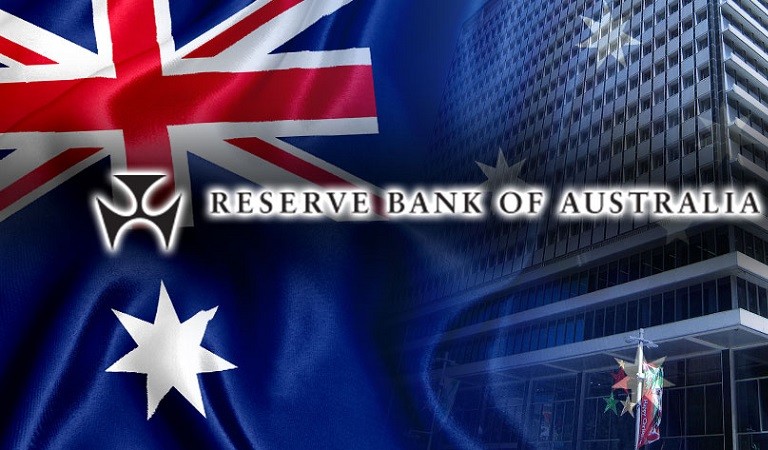
CANBERRA: As the nation struggles with rising inflation, the Reserve Bank of Australia (RBA) on Tuesday increased interest rates by 0.50 basis points (BPS), bringing the new rate to 1.35 percent.
According to the Xinhua reports, the 0.50 percent hike makes it the third month in a row that the RBA has raised interest rates from the "emergency" level of 0.10 percent that it had maintained throughout the Covid-19 outbreak.
The action, according to RBA Governor Philip Lowe, was the removal of "extraordinary monetary support" put in place to support the Australian economy during the pandemic, he said in the monthly announcement concerning monetary policy decisions.
"The Board anticipates taking additional actions in the coming months to normalise monetary conditions in Australia." According to the Australian Bureau of Statistics (ABS), headline inflation in Australia is currently 5.1%, more than double the pace of wage growth, which was 2.4% in the year to March.
In addition to beginning to put pressure on household budgets, Lowe admitted that this gap and the rise in mortgage rates also represented a "source of persistent uncertainty" for Australia's economic future.
Although increased prices and higher interest rates are putting strain on household budgets, he noted that the household saving rate is still higher than it was before the epidemic and that many households have created substantial financial reserves.
India to limit loan assistance due to global crises: Sri Lanka
Inflation in SouthKorea rises to 24-year high
Inflation in Pakistan Highest in over 13 years